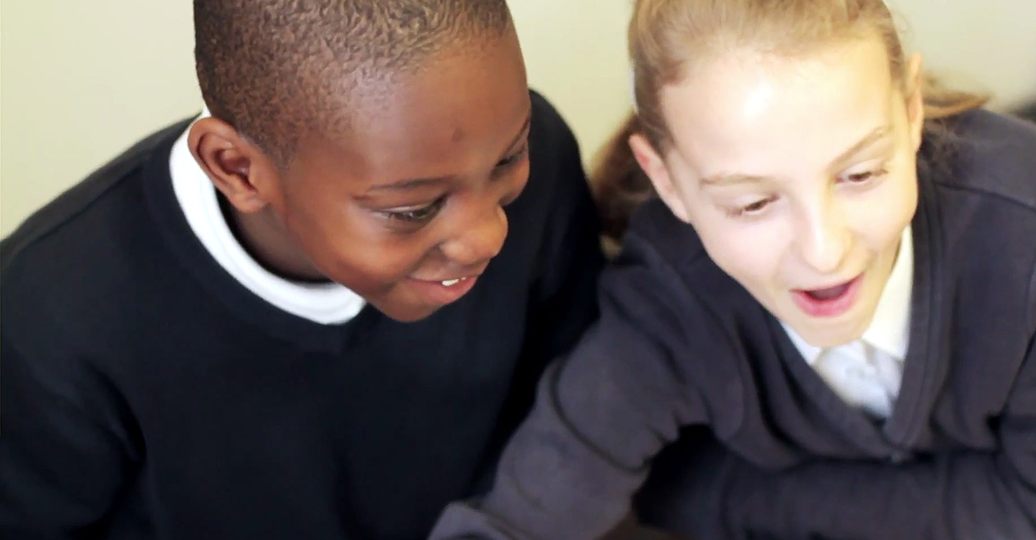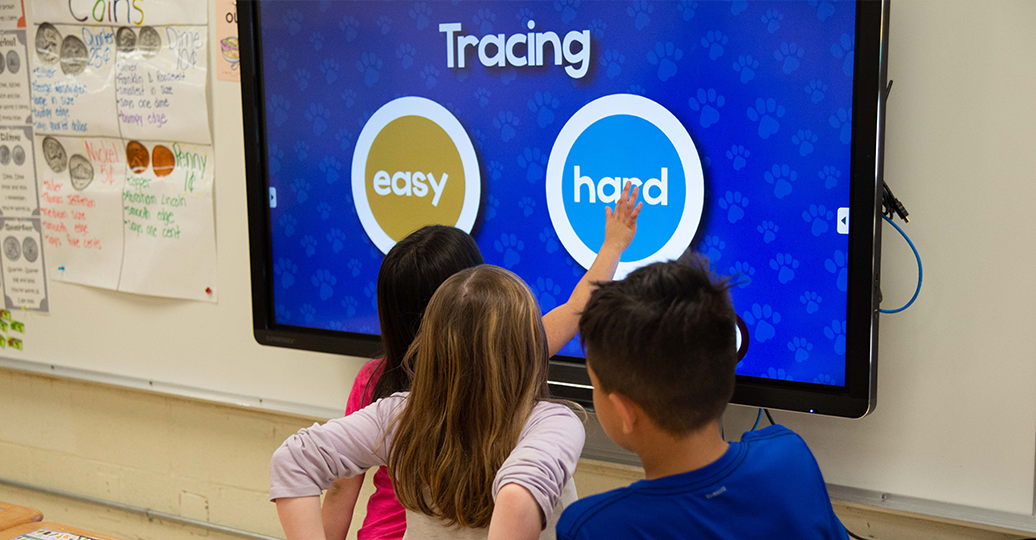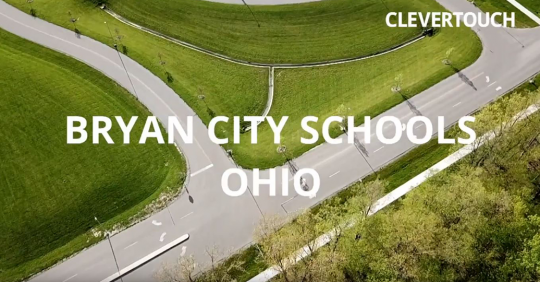Education 4.0 is no longer an elabourate catchphrase or idea aligned only with the most technologically advanced education providers but instead is fast becoming a tangible response to the fast paced world in which new technologies are evolving and in which today’s students must learn to navigate.

With research suggesting that 65% of children entering primary school this year will work in a job that hasn’t been invented yet. The workplace today’s primary school students will be entering may still be unimaginable for us - but it is clear that their future job roles will see humans and technology closely aligned. Education 4.0 has two clear roles therefore: to prepare these young people for a technological future and to support teachers in better being facilitators of learning in a 2020 classroom. Here we outline some of the ways that Education 4.0 can be a practical feature of learning today’s classroom.
Blended learning:
One of the most popular forms of Education 4.0, blended learning combines technology and face to face learning. There are a number of digital classroom offerings available for K-12 teachers that lend themselves well to blended learning, from Google Classroom and MS Teams, to our free and diverse range of Clevertouch apps (see more examples here). Some educators have long adopted a flipped classroom learning style and the technology of today can supersize this style of education. Online tools allow students to digest bigger chunks of information at their own rate but apply skills learned across a range of subject disciplines in a collaborative manner. This enables an arc of learning rather than discreet learning of seemingly unrelated subjects.
Personalised learning:
The internet of things and 4K technology has made true personalised learning a more realistic prospect. Clevertouch classrooms across the globe are now taking advantage of mirroring, split way screens and mobile technology. Personalised adaptive learning is possible with these tools and more able students will be able to accelerate their learning, while the less able will be able to truly gain mastery over a learning concept before progressing to the next stage of learning. Education 4.0 enables teachers to move away from the less reliable good, better, best system.
Project based learning - reimagined:
Generation Z expect digital tools to be a normal part of their everyday learning. Nowhere have we seen a more positive impact than with the focus on STEM learning. But this is fast becoming replaced with STEAM learning to acknowledge the role that the arts based subjects can have in supporting understanding across all curriculum areas. Education 4.0 tools can facilitate this by streamlining the way schools can disseminate the variety of material connected with different syllabus areas. Online tools can be so much more than a written tool substation: technology today allows for task redesign, allowing for creativity at the very highest levels. Department resources can be easily shared amongst colleagues and disseminated amongst students in the cloud. Most cloud based programmes are compatible so resources and projects are also possible across other local schools and indeed across the globe.
The future:
With technology moving at an exponential rate it can be hard to accurately predict the future of the technologically adept classroom, but it is clear that edtech will change the way we see traditional learning spaces. The row by row tables facing a teacher are already being replaced by more flexible learning spaces in some providers – particularly at higher education level (see here how Leeds University used Clevertouch to transform their learning in the business department). Education 4.0 will also see a much bigger role in facilitating collaboration of provider to provider and provider to business, allowing for partnership in skill sharing and support for schools that are improving their performance and allowing today’s learners to be the leaders of tomorrow’s technological landscape.


